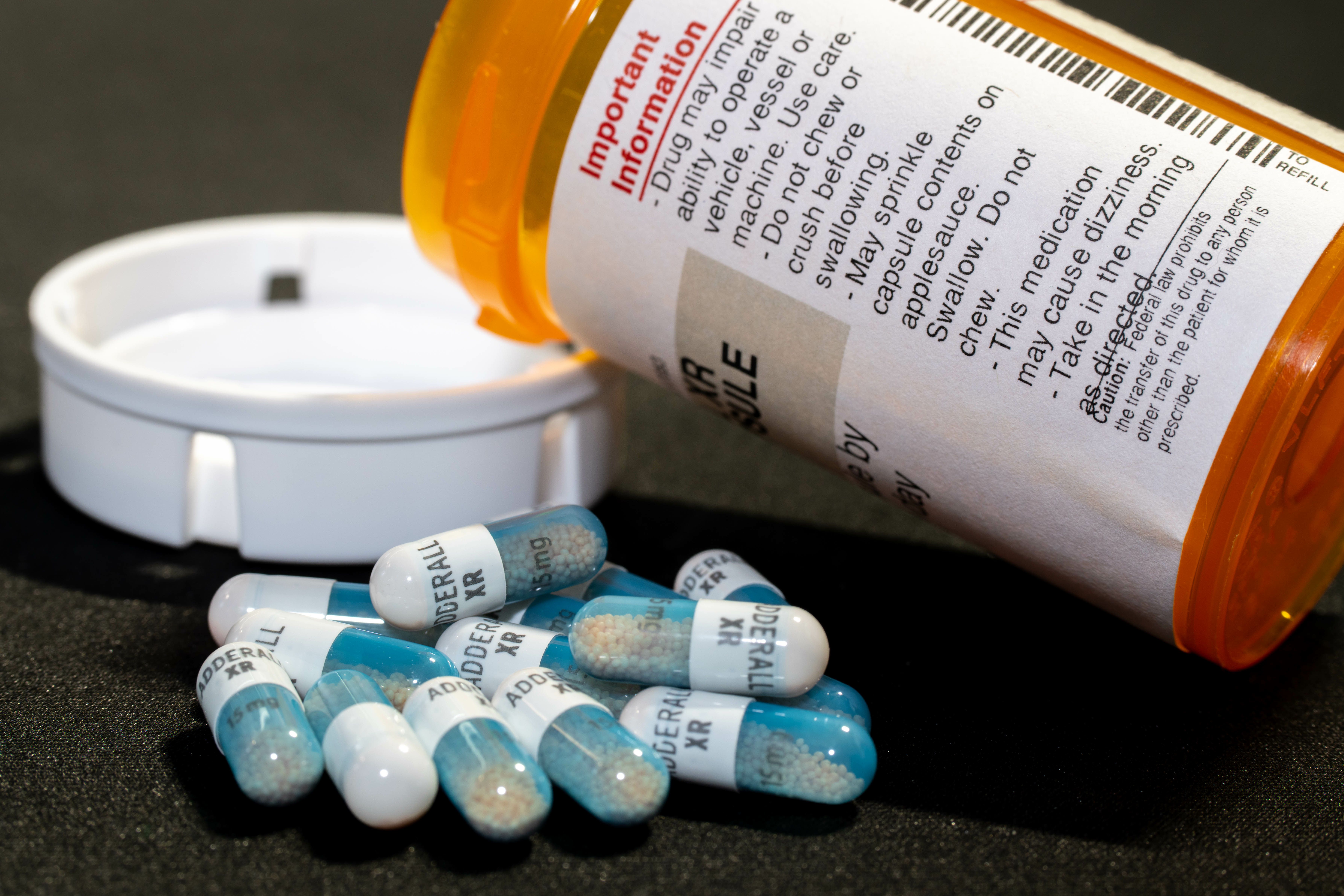Young Adults Prescribed ADHD Stimulants May Face Higher Risk of Cardiomyopathy
ACC.24: Data showed that participants with ADHD who were prescribed stimulants were 17% more likely to develop cardiomyopathy at 1 year.

Young adults with attention-deficit/hyperactivity disorder (ADHD) who were prescribed stimulant medications were significantly more likely to develop cardiomyopathy than those who were not prescribed stimulants, according to new research. Moreover, the risk was observed to increase with the duration of treatment.
Data showed that young adults with ADHD who were prescribed stimulants were 17% more likely to have cardiomyopathy at 1 year and 57% more likely to develop cardiomyopathy at 8 years compared to those who were not prescribed stimulants.
The findings are being presented at the American College of Cardiology 73rd Scientific Sessions, held April 6-8, 2024, in Atlanta, Georgia.
Previous research has shown a consistent association between amphetamines used to treat ADHD and elevated blood pressure and increased resting heart rate, as well as the link between dilated cardiomyopathy and methamphetamine use. However, “little research explores the connection between stimulant medications and cardiomyopathy in patients with ADHD,” wrote presenting author Pauline Gerard, a second-year medical student at the University of Colorado School of Medicine, and colleagues.
“This study aims to discover the relationship, if any, between cardiomyopathy and duration of stimulant medication use in adults under 40 years old,” added researchers.
Using the TriNetX research database, which includes information from approximately 80 US hospitals, investigators assessed data from patients aged 20 to 40 years diagnosed with ADHD. Participants were grouped by presence or absence of stimulant medication prescription and further categorized by length of patient record (ie, 1-10 years), according to the study abstract.
The primary outcome was ICD-10 codes indicating cardiomyopathy potentially linked to stimulant medications, and the analysis window was limited to 30 years after diagnosis.
Gerard and colleagues paired each participant who was prescribed stimulants with an individual who had not been prescribed stimulants but who were as similar as possible in other categories such as age, sex, and other health conditions.
Overall, investigators matched 12 759 pairs who were followed for at least 10 years, according to the abstract.
After 1 year, the prevalence of cardiomyopathy was 0.36% in the stimulant arm and 0.31% in the non-stimulant arm (P =.003). After 10 years, the prevalence of cardiomyopathy steadily increased to 0.72% in the stimulant group and 0.53% in the non-stimulant group (P =.048).
Results also showed that among participants in the stimulant arm, the odds of cardiomyopathy were 1.17-fold higher after 1 year (OR 95% CI, 1.06-1.30), which rose to 1.57-fold at 8 years (OR 95% CI, 1.25-1.97) and slightly decreased to 1.37-fold at 10 years (OR 95% CI, 1.002-1.88).
“Our findings reveal a progressively elevated risk of cardiomyopathy associated with the duration of stimulant medication use in young adults with ADHD,” concluded Gerard et al. “This underscores the need for a deeper understanding of the cardiovascular risks tied to ADHD stimulant medications, highlighting concerns about safety and the importance of considering alternative treatments.”
Pauline Gerard will present the study, “ADHD Stimulant Use Associated with Increased Risk of Cardiomyopathy in Young Adults,” on Sunday, April 7, at 2:15 pm ET in Poster Hall B4-5.